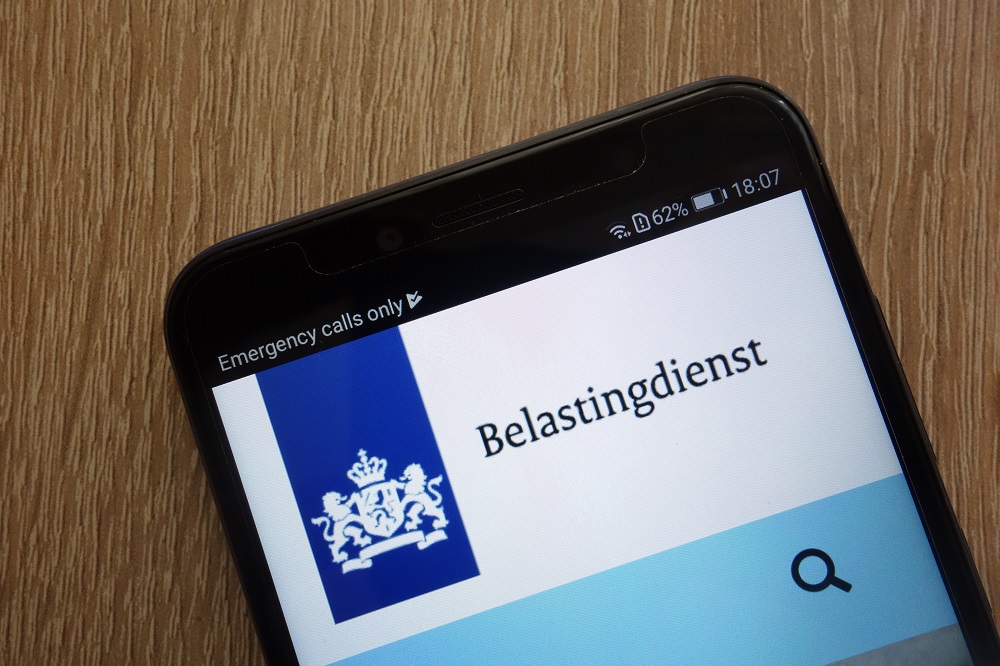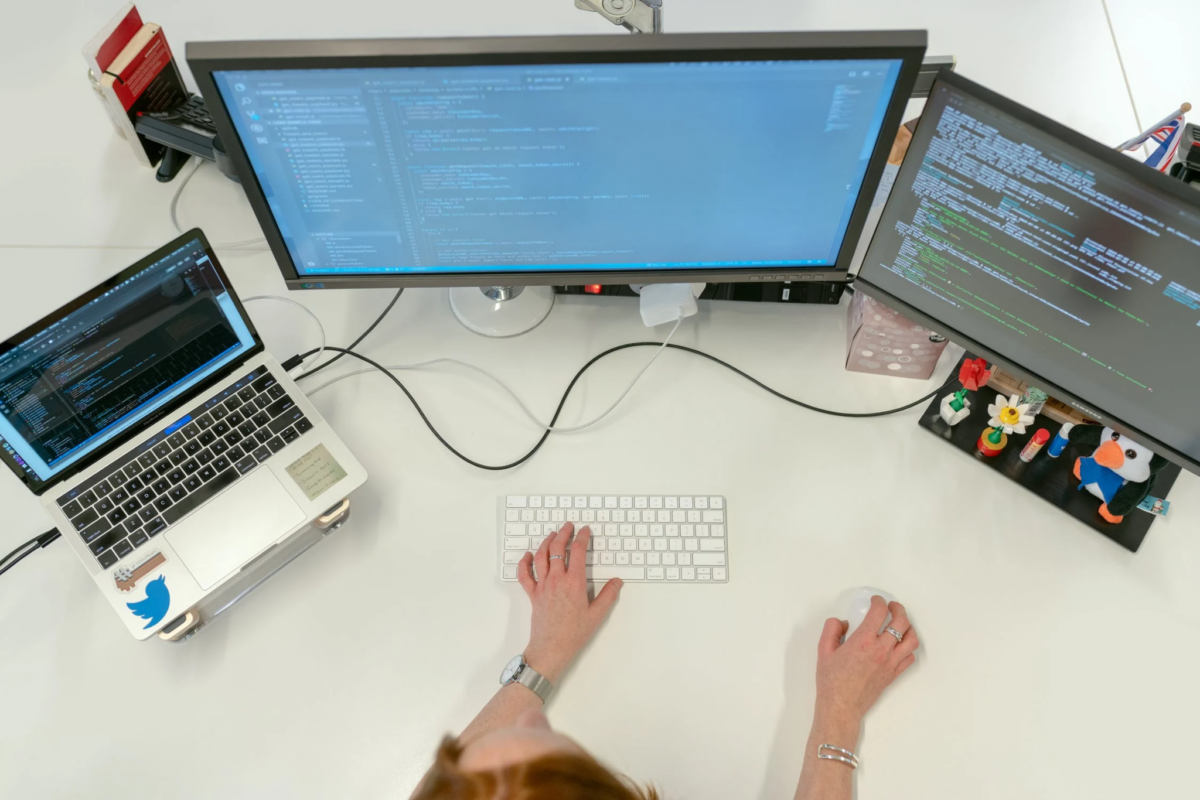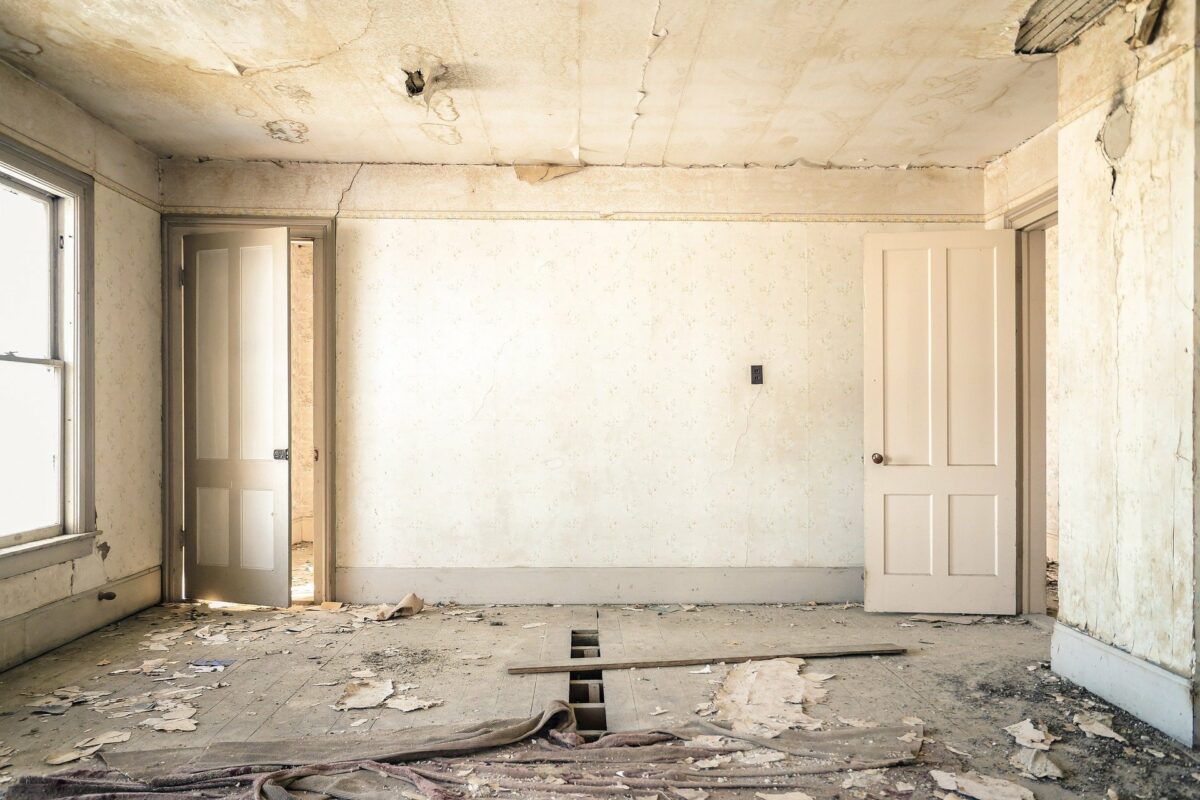Opening a bank account is a crucial first step to take, when you are new to NL. You will be able to get by using an account from your country of origin at first. However, if you plan to stay in the Netherlands for a significant amount of time, a Dutch account will make your life far easier! Having one will enable you to get paid for your work, buy items from stores, receive loans and build savings with Dutch banks. On this page we will take you through the fundamentals of how to get your bank account set up in Holland. You can also learn a bit about the Euro, and how you can use your Dutch bank account for your day to day life in NL.
Before we get started, let’s cover some rudimentary points about the Dutch monetary system. Check out our page on ‘Money Matters in NL‘ for more information on this topic.
The Euro
- Since January of 2002, the monetary unit of the Netherlands has been the euro. It replaced the Dutch ‘guilder’, which had been the currency in the Netherlands for 700 years. The symbol for the Euro is, of course: €
Countries that use the Euro
The following countries also use the Euro:
- Andorra
- Austria
- Belgium
- Finland
- France
- Germany
- Greece
- Ireland
- Italy
- Luxembourg
- Monaco
- Portugal
- San Marino
- Spain
- The Vatican City
Euro Notes and Coins
Using the Euro is a way of integrating EU economies. The umbrella term for this process is the ‘EMU’. This stands for ‘Economic and Monetary Union‘. All EMU countries that have introduced the euro share the same bank notes and coins. Here are a few facts about them:
- There are eight kinds of Euro coin: 1 and 2 euros, plus 1, 2, 5, 10, 20 and 50 euro-cents
- Euro coins have two faces
- One side of the coin bears the common euro face
- The other side displays the national face
- This means that Euros from different countries do look different
- They can, however, be used in any other country whose currency is the Euro
- There are seven kinds of Euro bank note
- There are: 5, 10, 20, 50, 100, 200 and 500 euro banks notes
 Tip
Tip
- Until January 1, 2032, you will be able to exchange guilder bank notes for Euros
- To do this, visit ‘De Nederlandsche Bank‘. This is commonly referred to as the ‘DNB’
- The DNB is an organisation whose goal is to safeguard the financial stability of the Netherlands
Number Punctuation in NL
It is very important to know about number punctuation in the Netherlands! The Dutch way of punctuating numbers and decimals is exactly opposite to that of the English, so you risk making some significant financial mishaps if you get muddled.
Dutch number punctuation works as follows:
- € 25,25 means: 25 euros and 25 euro-cents
- € 10.000 means: ten thousand euros
- Whole numbers are written with a comma and a dash
- So, 15 euros is written as: € 15,- in the Netherlands
Changing Money in NL
 Tip
Tip
Of course, if you travel to another country that uses the Euro, you will not have to change currency!
The Exchange Rate in NL
When you travel to a country that uses another currency, the issue of the exchange rate will come into play for you:
- The exchange rate is referred to as the ‘wisselkoers‘ in Dutch
- A new exchange rate is fixed upon every day
- It will be displayed at any establishment in which you can exchange money in the Netherlands
- In Holland, the exchange rate does not vary from one bank to the next
- The charge for exchanging money, however, may differ
Where to Exchange Money in NL
- The most common place to exchange money in the Netherlands is at a bank
- A GWK exchange office is another option
- You will find GWK offices at railway stations, airports, and anywhere else that is frequented by tourists in NL
- If you have an international student card, bring this with you when you visit a GWK exchange office. Your card will get you a discount
 Tip
Tip
- In heavily touristed areas of Holland, you may see other types of ‘exchange office’: Be careful!
- We recommend that you wait and exchange your money at a bank, or GWK office
- There is no such thing as an ‘informal currency market’ in the Netherlands
- Therefore, anyone who approaches you on the street and offers to change your money for you will probably be a thief or con artist!
Opening a Dutch Bank Account in NL
To manage your day-to-day finances in Holland, you will need to open a current account. You might hear the following terms, when you start to organize your Dutch finances:
- A current account is called a ‘privérekening‘ In Dutch
- Occasionally, you might come across the term ‘girorekening‘ too
- This is the old term for a Dutch current account
How to Open your Current Account in NL
In order to open a Dutch bank account in NL, you must take the following steps:
1. Decide which Dutch bank you would like to use. Some of the most popular are:
2. Visit your chosen bank in person. If you want to avoid waiting to be seen by an employee, visit the banks website and book an appointment in advance
3. Alternatively, you could send an online request to open a bank account. If you do this, you will be a sent a proposal. Take this with you when you visit the bank
4. Whether you have contacted the bank online in advance, or chosen to simply walk in, you need to bring certain documents with you:
- Proof of identification. Your passport, or your EU identity card, will be accepted as valid proof of identity
- Please note that you do NOT need a Citizen Service Number (BSN) in order to open a bank account in Holland
- Proof of regular income. This could be, for example, a pay slip
- If you are a student, bring proof that you are registered with an educational institution in NL
You can make an appointment for someone to pay you a house-call, if you are unable to come into a branch of your bank. If you do this, an employee of the bank will visit your home and verify your details. After this, they will open your bank account on your behalf.
Once your account is completely set up you will receive a debit card, with an activation code and a pin, by mail. You can use the debit card to make payments in stores. Happy banking!
Dutch Bank Cards
When you open your Dutch bank account, your bank will offer you few different plastic cards:
Different Dutch Bank Cards
- A ‘basic card,’ is referred to as either a ‘bankpas‘, a ‘betaalpas‘ or a ‘europas‘ in Dutch
- This card is used mostly for making withdrawals from cash dispensers
- You can also use your Dutch bank card to pay for items in stores and online
Some banks will offer you a variety of different types of card:
- Which card you opt for will depend on whether you plan to regularly use your card abroad or not
- Other banks might offer just one type of card. If so, it will perform all the necessary functions
Once you have selected a card:
- A notice will arrive in the mail to inform you that your card has arrived at your bank
- You can visit your bank to pick up your card yourself
- Bank staff can help you activate your card there and then, in branch
- If you do this, do not forget to bring proof of identity with you. A passport, or an EU identity card, will count as sufficient proof of identity
- If you do not go into a branch to collect your card, your bank can mail your card to you
- In this case, the envelope containing your card will also contain instructions on how to activate it
Activating and using your Bank Card in NL
- At a commercial bank in Holland, your account will become functional on either the day you open it, or the day after
- Once it is active, you will be able to use your card
- With your Dutch bank card, you can withdraw up to several thousand euros a day at a bank, an ATM or a store
- You will be charged a nominal annual fee for the use of your bank card in NL
Your Dutch Pin Number
Along with your Dutch bank card, you will be issued a four-digit ‘pincode’. Here’s what you need to know about it:
- You must use your pincode every time you use your card to withdraw cash in NL
- Be sure to memorize your pin, so that only you can have access to your bank account
- If you forget your pin number, you will have to get a new card
- You can change your pincode into a four-digit combination that you will definitely remember, if you wish
- You will automatically be issued a replacement card every few years
- When you receive your replacement, you can activate it by simply making a payment in a store, a withdrawal from an ATM, or a request to view how much money is in your account through an ATM
The Symbols on your Dutch Bank Card
- A basic Dutch bank card will display a few symbols
- Each one will stand for a function the card possesses
- One symbol, for example, will match the image on a cash dispenser, to demonstrate that you can use your card at said dispenser
Using your Dutch Bank Card Abroad
Most Dutch bank cards will work in ATMs in other countries,but not automatically:
- Before you travel to another country, inform your bank
- They will activate the function on your card that enables you to use it abroad
- You will probably have the option of setting your card to ‘worldwide’
- Take this option if you are leaving Europe
- This can be done temporarily, so your card will only work in another country for the duration of your travels
Going Overdrawn
Each Dutch bank has its own rules about letting customers go overdrawn on their accounts:
- If you wish to overdraw your account you might be asked to provide proof of a source of regular income
- Your bank will use this determine by how much you can overdraw your account
- Current accounts usually pay no interest in NL. You will, however, be charged interest if you overdraw from them
Getting a Loan from a Dutch Bank
If you ask your bank for a loan, they will initiate the following procedure:
- They will run your request past the ‘BKR‘
- The BKR is the ‘Bureau for Credit Registration’ in the Netherlands
- The BKR will determine whether you are ‘creditworthy’
- To make this judgement they will consult the records they keep, regarding your credit card and banking history
- If the BKR warns your bank that you do not have a healthy credit score, your bank can refuse you your loan
 Tip
Tip
- Please note that most banks do not send out paper statements anymore
- This is because almost everyone uses online banking nowadays!
- If you wish to receive paper statements, you need to ask your bank
Credit Cards in NL
In the Netherlands, most commercial banks have come to an arrangement with either MasterCard or VISA, and arranged credit cards for their customers. The system works as follows:
- Any money you spend with your Dutch credit card will be deducted on a monthly basis from your Dutch Bank Account
- Or, you will receive an invoice from your credit card company
- The main difference between a basic bank card and a credit card in NL, is that a basic card will refuse to make a transaction if your balance is insufficient. If you use a credit card to pay for something that costs more than you have in your Dutch bank account, it will always work. That is, unless it has been blocked
- For this reason, Dutch banks usually only give credit cards to their trusted customers. A client will usually be deemed trustworthy if they have been with the bank for a long time, and they have a regular source of income
Using a Credit Card in NL
- Paying by credit card in Dutch shops is not common practice. It is especially unusual in small shops and supermarkets. This is because shops have to pay a percentage of each sale to the credit card company
- Restaurants, hotels and department stores, however, generally accept all major cards
- If you are unsure whether you can use your credit card to pay for something, take a look in the store window. It should list the different types of card they accept
- In some stores, staff will ask you to present some form of identification, before allowing you to use your credit card
 Tip
Tip
The Issue with Coins in NL
- In shops in Holland, clerks sometimes have trouble making change
- If they are short on the right coins, they will ask if you have any
- When the euro was introduced into the Netherlands, the one cent-coin came into use as well
- This development annoyed shopkeepers and customers alike!
- Therefore, nowadays in NL, it is common for prices to be rounded off to the nearest five cents
 Useful links
Useful links
- The Dutch Ministry of Finance
- TransferWise: Fair and cost-effective online transfers

The Holland Handbook 2024
It is that time of year again; the new and annually-updated version of The ...

Dutch Taxes
Taxes are always complicated. If you have moved to the Netherlands from another country they ...

The UnDutchables 9.0
Following the legendary previous eight editions of The UnDutchables, the 9th edition of this all ...

Making the most of your Dutch home
Whether you are renting, staying in a long-term AirBNB or have just bought a ...

Gift giving in the Netherlands-all ...
If you feel like skipping your birthday, you may be in for a challenge when ...

10 things you will find in every Du ...
The Dutch are very fond of houseplants, the more the merrier! You will find the ...

Obtaining a Mortgage as an Expat in ...
Obtaining a mortgage as an expat in the Netherlands can be a complex process, as ...

Help me move to the Netherlands!
Obviously, the decision to move to the Netherlands is not one to be taken lightly ...

The Impact of Technology on Educati ...
Education is unending and pivotal in society. Technology is one of the most dynamic entities ...

Five Renovation Tips to Increase yo ...
Learn how much home renovations cost – and which repairs increase the home value, and which ...